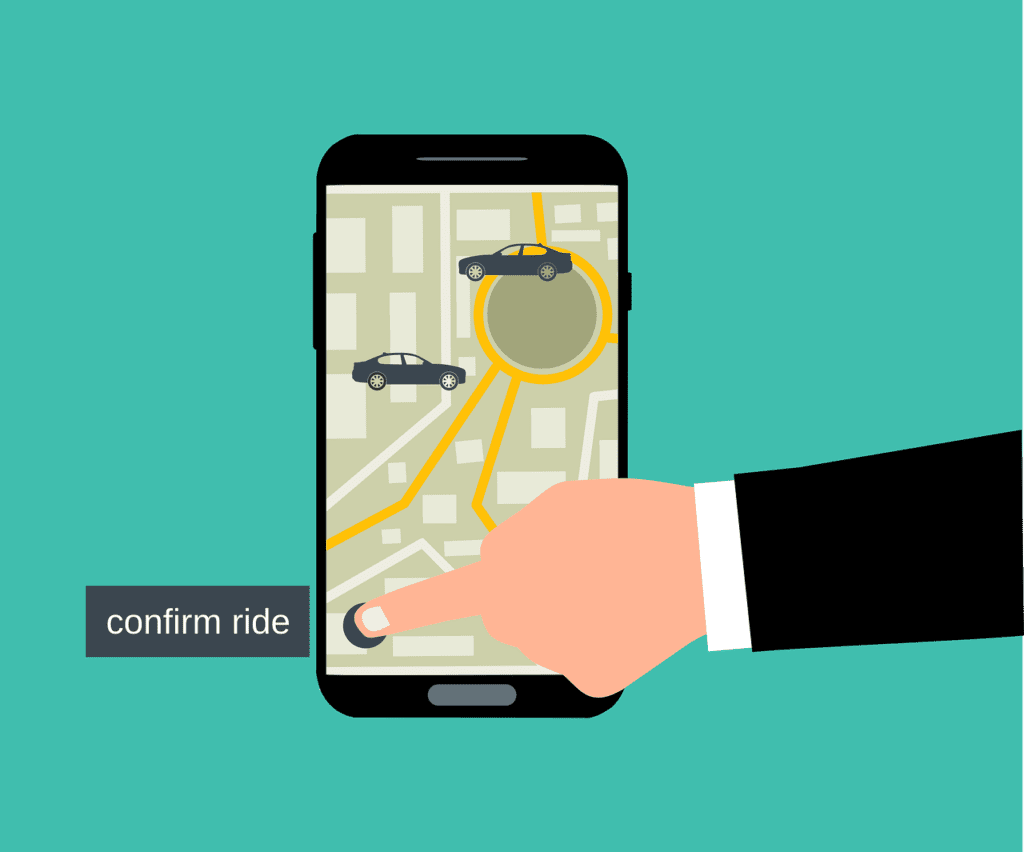Court case could see VAT charged on taxi fares

A landmark court case could see VAT added to all private hire and public hire taxi journeys, forcing up prices across the UK.
Uber has brought a High Court claim against Sefton Council in Merseyside to force hackney carriage drivers, as well as private hire drivers and bases in the borough to charge VAT on all fares. If successful, the case could have major implications for the UK’s taxi fleet.
The move comes after previous court cases ruled that Uber drivers are not classed as self-employed contractors by HMRC and the firm must charge VAT on all fares. Currently, private-hire taxi drivers and black cab drivers do not pay VAT because they are classed by HMRC as self-employed contractors and not employees.
This was the model that Uber initially adopted, but court rulings in London earlier this year went against the firm after the High Court found that the company is a contractor as well as an agent, and is therefore liable for VAT. The ruling had an immediate impact on all taxi operators and private hire drivers in the capital, with Transport for London warning them to take immediate action to comply with the order.
If Uber’s case against Sefton Council is successful, it could have a huge impact on the contractual status of more than 16,00 private-hire drivers and make all operators the principal for VAT on fares – something that would force up the price of every journey for passengers.
The move would not directly affect drivers, who must still be licensed by the local authority, service and maintain their vehicles and hold private hire insurance or public hire insurance. But, by adding this extra tax on the total of every fare, there are concerns that people who rely on taxis will be the ones counting the cost and they may not be able to keep using the vital lifeline.
Layla Barke-Jones, a partner in Chester law firm Aaron & Partners’ dispute resolution team, which is representing a group of Liverpool taxi firms involved in the Sefton case, told the Liverpool Echo: “Whether it’s parents on the school run, the elderly accessing vital services such as shops and medical appointments, or people with disabilities travelling from A to B, private hire services are simply vital to communities up and down the country.
“If the consequences of the declaration sought by Uber do arise, it is likely to bring about a significant rise in fares that will hit the pockets of those who can afford it the least.
“It would also come at a time when people all over the country are already feeling the squeeze of a cost-of-living crisis, with many other basic necessities starting to become unaffordable. Simply put, the magnitude and implications of this case will be vast and wide-reaching. We eagerly await its conclusion.”
In a House of Commons debate on the issue, Daniel Zeichner, Labour MP for Cambridge and chairman of the all-party parliamentary group on taxis, said: “There are 16,000 private hire operators across the country and an impending court case could change the complicated relationship between customer and operator. The worry is that if that change comes into effect, as a consequence of the court case, many small operators could be at risk.”
Submissions in the case are being considered by the High Court and a ruling is expected before the end of the year.






